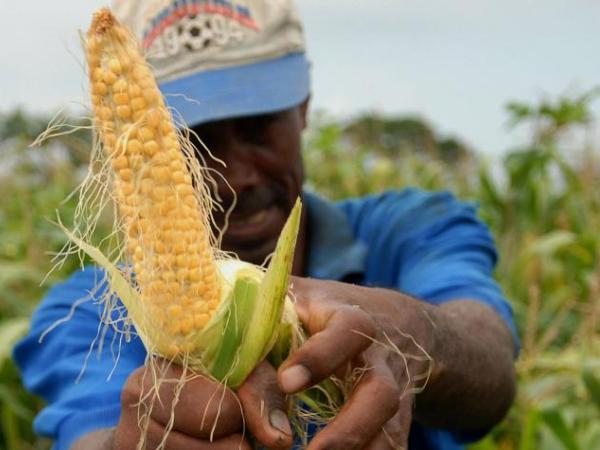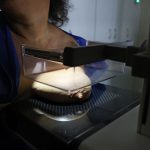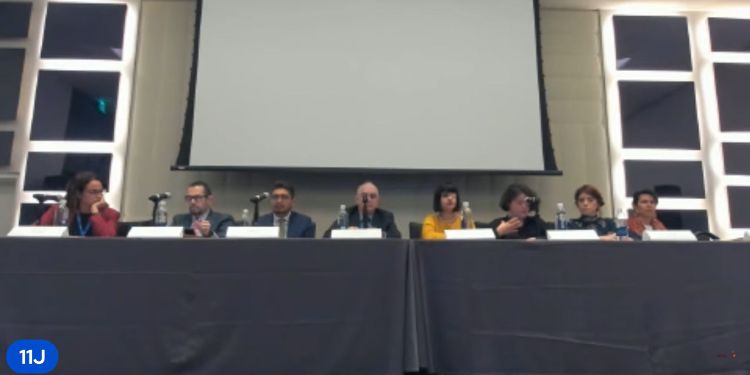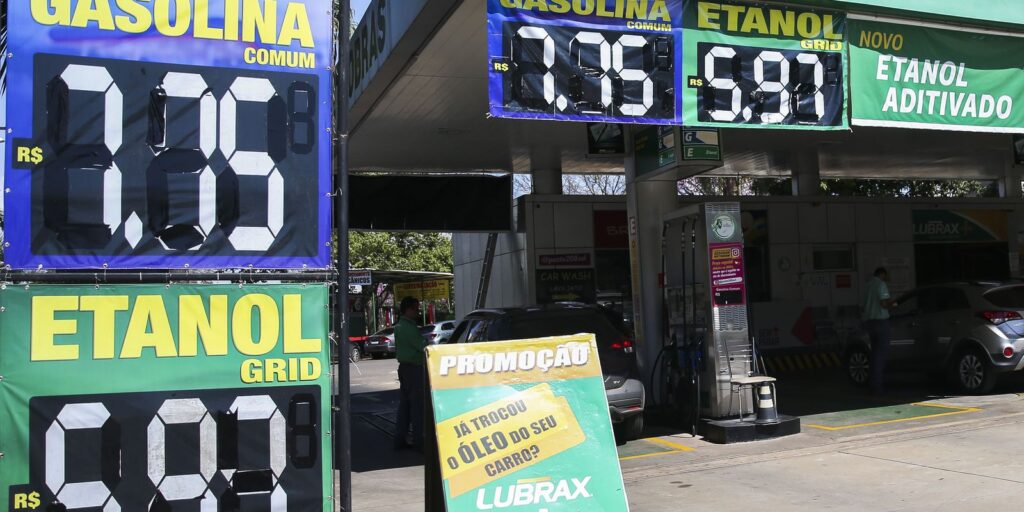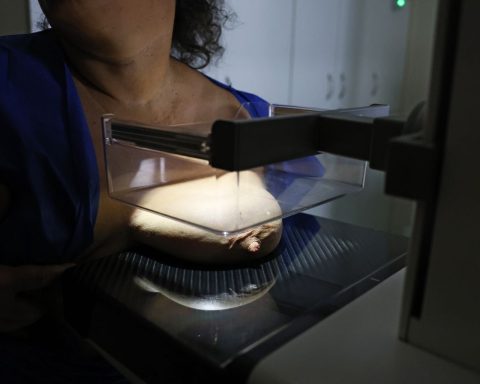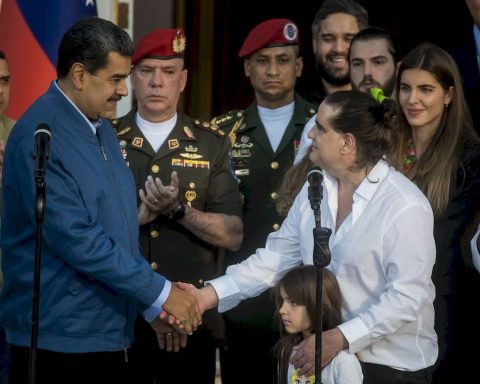A total of 200 products could lower their final price in the medium and long term, in response to a new decree issued by the National Government within the framework of its strategy to attack inflation in the country.
(Inflation without food, at 6.5% for rentals and restaurants).
This new measure, which is added to others of the same type implemented a few months ago, will be in force for a period of six months, with the possibility of being extended for another six months, after prior review by the Committee on Customs, Tariff and Foreign Trade Affairs ( Triple A).
“The objective of the initiative is to alleviate the costs of production and some final goods that have been impacted by the high prices for raw materials and transportation costsderived from logistics problems that affect international trade,” says the press release from the Ministry of Commerce.
(Potato prices fell 40% during the month of May).
The owner of this portfolio, María Ximena Lombana, explained that currently the tax base on which customs taxes are calculated is the CIF value of the imported product, which is equal to the FOB value (sale price) + freight + insurance. “The measure plans to eliminate these last two factors from the calculation,” the official remarked.
For practical purposes, Miguel Espinosa, president of the Colombian Federation of Logistics Agents in International Trade (Fitac), explained how a goods import process works.
“When an import process is carried out, depending on the negotiation, a price is agreed for that merchandise, but that is not the only thing that is agreed so that that merchandise can be disposed of and distributed (…) At that value of the merchandise you have to add the value of freight, insurance and other expenses at the level of documentation and procedures (…)”, said Espinosa.
The leader of the customs union received the news “with pleasure”which had been under discussion for some time, studying the possible fiscal impacts of the measure.
“For us it is very good news. This has been a cascade effect due to the entire issue of containers (…) It is a good incentive for businessmen and particularly for consumers who are going to see the cost reduction reflected in one way or another. It is expected that in the medium and short term it will help mitigate the inflationary issue,” said Espinosa.
The executive added that, when all the costs are added up, “the cost of the taxable base for import taxes in the country is clearly affected”, especially due to the significant increase in freight rates due to the situation around the world.
In a practical way, this reduction would work like this: to a merchandise of hats worth US$1,973, a value of US$7,000 is added for freight and another US$3.61 for insurance and US$62 for documentation.
All this, adding customs values, a 15% tariff and a 19% VAT would give a final cost of the operation in $46,821,580 million, which, with the application of this Decree 955, would be reduced to $36,966.714 million.
Another of the unions that welcomed this measure was the Society of Agricultures of Colombia (SAC), although it warned that other productive initiatives are also needed.
“This may work to the extent that this reduction is reflected in a decrease in the cost of fertilizers for producers and that this encourages more plantings that translate into more supply,” said Jorge Enrique Bedoya, president of the union.
Javier Díaz, executive president of Analdex, considers that it is a good measure, but that the impact “will be limited” due to the spectrum of the selected goods.
“We had proposed that it be a percentage reduction for everyone. Much easier to control and with a greater impact on the cost of imports,” said Díaz.
Among the 200 goods that are imported into the country and covered by this new measure are formulas dairy products, fresh grapes, apples, hard yellow and white corn, chickpeas, garlic, black beans, dried lentils, cuts of beef and pork; fresh cheeses; feldspar; citric acidamong others.
There are also perfumes; tampons; body deodorants; baby diapers; soaps; toilet paper; handkerchiefs; Kraft paper; cotton threads; pruning knives.
The Ministry explained that this measure “is contemplated in the Andean commitments, given that the Andean Community of Nations (CAN) adopted Decision 894 last March, through which it empowers member countries to temporarily reduce a certain percentage of transportation costs and related costs of imported goods.
A NEW MEASURE
This would be the third of the measures to curb inflation that the Ministries of Finance, Commerce and Agriculture are jointly launching to reduce the impact of inflation in the country. First, the Government set the tariff for 165 imported goods at 0% for a period of six months.
Within the subheadings that cover this new tariff treatment are flours, protein hydrolysates, and fertilizers. Subsequently, the The Government added another 39 agricultural inputs to the 0% tariff measure.
Among those are feldspar; nitrogen; sodium hydroxide; magnesium nitrates; other calcium phosphates; methanol; salts of propionic acid; citric acid; hormone medications.
ROBERTO CASAS LUGO
BRIEFCASE
